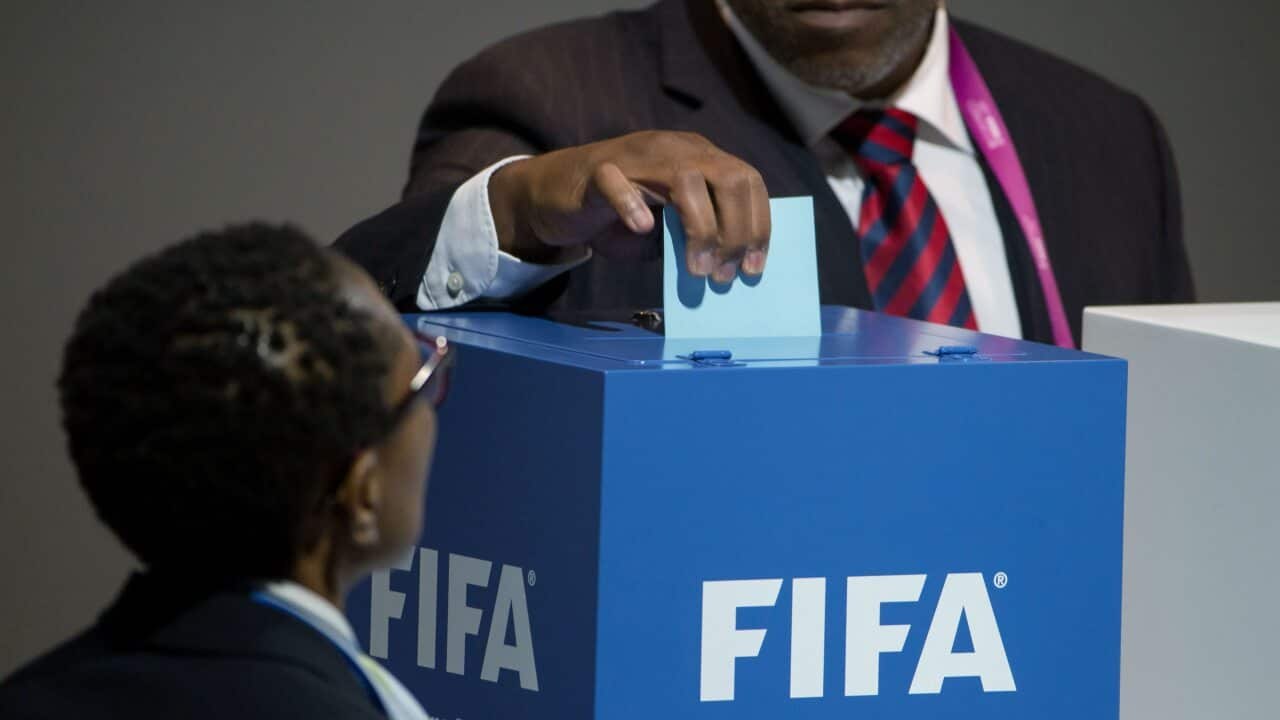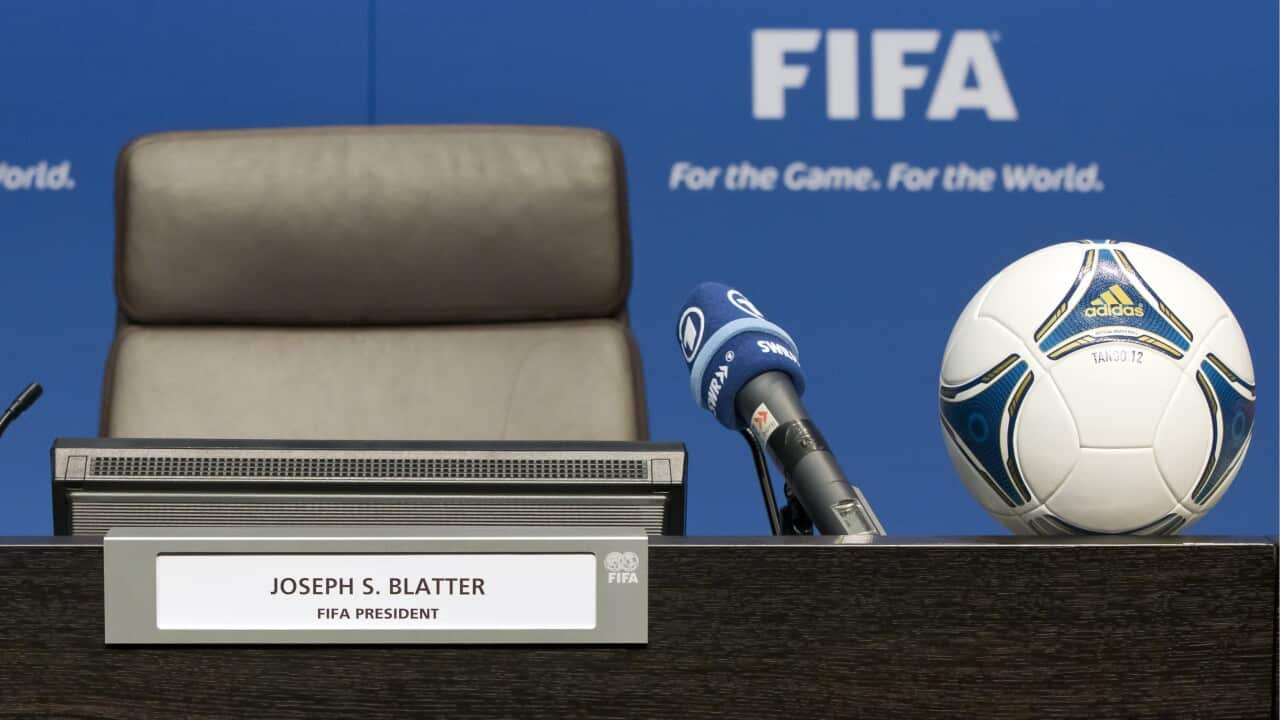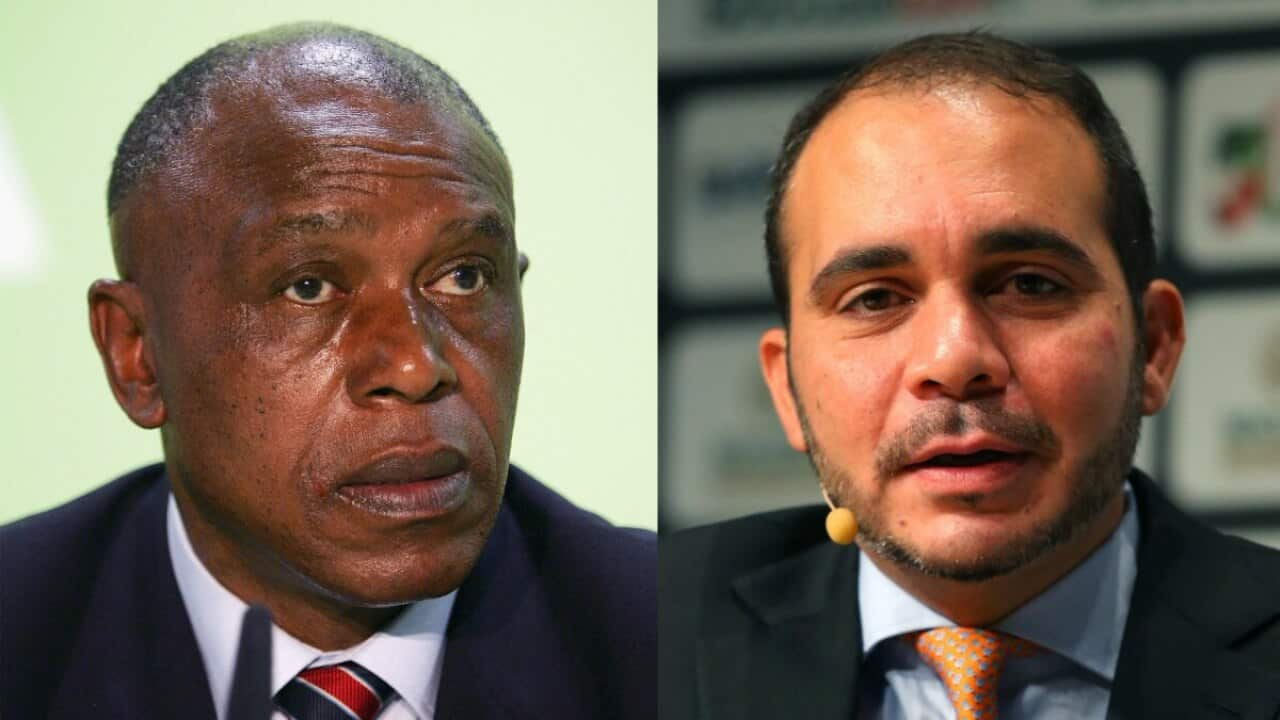The five FIFA presidential candidates are now well known to most of us, but how the winner will navigate the organisation through what will be some pivotal junctures is less well established.
READ MORE

FIFA: The five men not to vote for
A decision one way or the other, or perhaps even worse, doing nothing at all, could lead to a fracture in the world’s most popular sport and an uncertain future.
First and foremost, the new president will need to deal with FIFA’s massive credibility problem, brought about by the uncovering of poor governance and corruption by authorities in the United States and Switzerland.
A continuation of the status quo is not an option if FIFA are to hang on to any legitimacy they still maintain as world football’s governing body.
England FA CEO Martin Glenn warned that another scandal at the the body - that has run world football since 1904 - could lead to some other organisation running the World Cup.
Glenn is absolutely right. FIFA can only claim to be the legitimate administrators of world football if all the stakeholders have faith in their credibility.
Considering global football’s cultural importance, it is not hard to imagine national governments coming together to force a review of the current structure, which would likely lead to the implementation of a new governing body.
Australia went through something similar when the federal government initiated a review of football governance that led to the formation of Football Federation Australia.
How the new FIFA President deals with the organisation’s governance will probably be their most important and urgent issue.
Yet, there are others on the horizon.
One is over the future of the transfer system, , who argue that "the transfer system in its current form can no longer be justified or protected by the so-called ‘specificity of sport'."
For those that think the transfer system protects smaller clubs with trickle-down economics, here is what sports economist Stefan Szymanski said: "A significant fraction of the transfer market is controlled by elite clubs who circulate top players among themselves.
"From an economic perspective the transfer market is used by the elite clubs to maintain high barriers to entry through the escalation of transfer fees."
The outcome of this decision could have major ramifications for global football and FIFA will have to lead the way or become irrelevant.
Another issue that may soon come to the boil is the push for a .
The push is coming from Germany, who are watching less-heralded sides in the English Premier League cash-in on the mammoth broadcast deal and overtake them financially.
On current trajectory the EPL will soon become the world’s dominant football competition, at the expense of the Champions League and the majority of Europe’s elite clubs.
If nothing changes, history suggests (World Series Cricket, English Premier League etc.) a breakaway competition is a genuine possibility, which could have serious ramifications for football everywhere.
Again leadership from FIFA is a must.
There are other important issues for FIFA to face up to, including match-fixing, the , plus the treatment and promotion of women’s football.
Players at the Women’s World Cup need to be given the same rewards, compensation and resources (including accommodation and travel) as the men’s event.
The argument that the women's event doesn’t raise the same amount of money is irrelevant. The purpose of FIFA is to use the proceeds of the money-spinning men’s World Cup to invest in other areas of football that currently lack resources.
Failure from the new FIFA regime to act on any of these issues, as well as others that will arise, has the potential to cause a further erosion of the organisation’s credibility and possibly lead to a complete destruction of their legitimacy to run global football.



